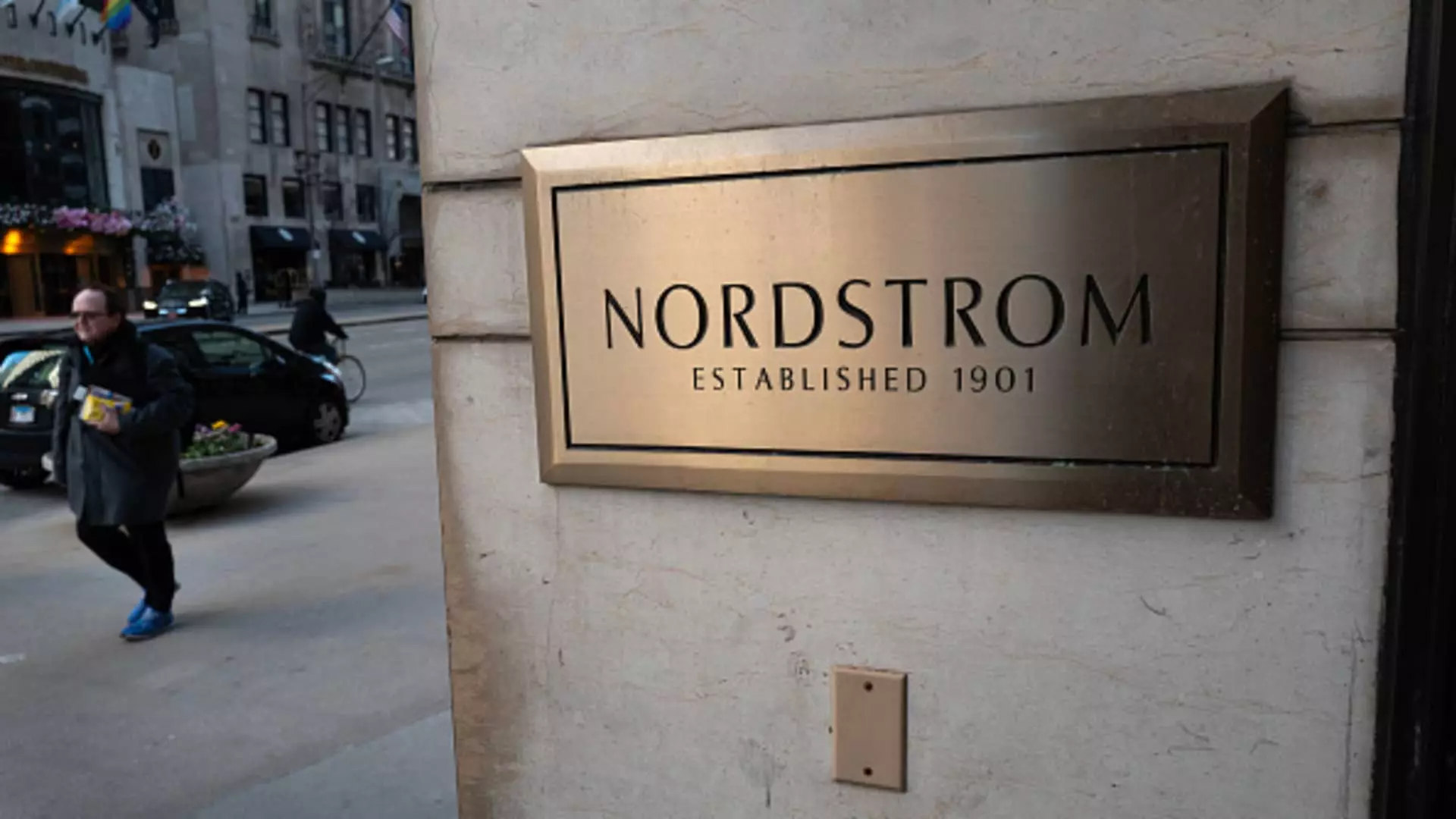In a significant move reflective of changing retail dynamics, Nordstrom has declared its intention to transition to a private company following a buyout agreement valued at approximately $6.25 billion. This deal, brokered between Nordstrom’s founding family and the Mexican retail giant, El Puerto de Liverpool, marks an important chapter in the storied legacy of the brand. By acquiring a 50.1% stake, the Nordstrom family aims to steer the company through the evolving landscape of retail, while El Puerto de Liverpool will hold the remaining 49.9%. This transaction, approved unanimously by the board of directors, is expected to close in the first half of 2025.
For common shareholders, the closure of this buyout agreement translates to a cash payout of $24.25 for each share of Nordstrom stock they possess. Such arrangements often spur mixed reactions among investors, particularly in a time when companies are trying to adapt to dwindling retail margins and shifting consumer behaviors. Following initial announcements, Nordstrom’s stock displayed a minor decline in early trading, reflecting some investor skepticism, although there was speculation of increased share values since family buyout talks emerged in March.
Erik Nordstrom, the CEO and a member of the founding family, expressed optimism about the transition, emphasizing a commitment to enhancing customer experience, a principle deeply embedded in the company’s ethos since its inception in 1901. The assertion of focusing on customer satisfaction aligns with current market sentiments, where businesses are fiercely competing to not just attract but also retain a selective consumer base in a challenging economic climate. This commitment could potentially empower Nordstrom to innovate without the pressure of quarterly earnings typical of public companies.
It is vital to note that this isn’t Nordstrom’s first foray into privatization; an earlier attempt in 2018 was unsuccessful. Unlike that effort, the current environment, marked by changing spending patterns and heightened consumer price sensitivity, compels the company to take decisive action. Despite recent sales that exceeded Wall Street forecasts, the company anticipates a lackluster holiday season. This reflects broader trends, as luxury retailers like Nordstrom contend with cautious consumer spending, particularly as shoppers weigh desires against budgetary constraints.
El Puerto de Liverpool brings substantial retail expertise to the table, operating its own successful chains and shopping centers throughout Mexico, and could provide Nordstrom with fresh insights into expanding its market reach. The partnership represents an interesting blend of North American and Latin American retail strategies, which may enable Nordstrom to navigate contemporary challenges more effectively.
While the agreement signals a transformative moment for Nordstrom, the real challenge lies in executing a vision that maintains its historical commitment to excellence while adapting to an unpredictable retail landscape. The upcoming years will be crucial in determining whether this shift will indeed sow the seeds for a robust resurgence in Nordstrom’s operations.

Leave a Reply